We asked a range of people from across the global philanthropy spectrum what solidarity means to them. Here are their responses.
 ‘Shared values uniting all classes and groups in society; an essential fairness in the way in which society is organized and its resources distributed; the strong helping the weak; the haves sharing willingly with the have-nots.’
‘Shared values uniting all classes and groups in society; an essential fairness in the way in which society is organized and its resources distributed; the strong helping the weak; the haves sharing willingly with the have-nots.’
John Healy, Alliance Publishing Trust
 ‘Solidarity is a form of compassion and it is the ultimate driver for doing good in society in the Arab region and goes under the name of “takaful”. It can take the form of supporting an individual, a family and/or a community. Normally it is a commitment that spans over time rather than being a one-off support, depending on the means, of course.’
‘Solidarity is a form of compassion and it is the ultimate driver for doing good in society in the Arab region and goes under the name of “takaful”. It can take the form of supporting an individual, a family and/or a community. Normally it is a commitment that spans over time rather than being a one-off support, depending on the means, of course.’
Atallah Kuttab, SAANED
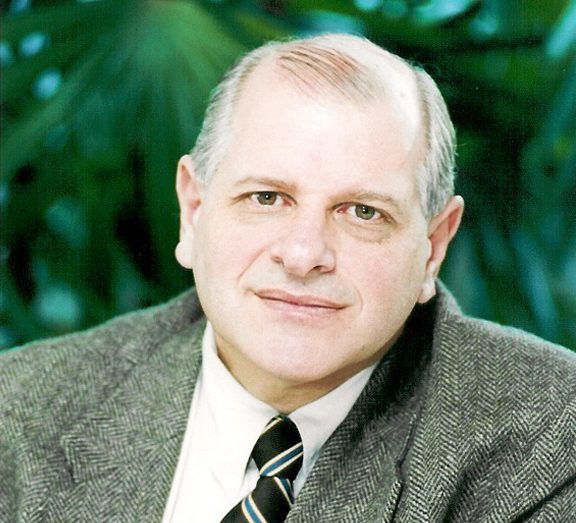 ‘My way to consider solidarity is based on the existence of ties in a society that bind people together as one. It represents a way to accept people as they are, to offer equal opportunity to all human beings for his/her self-development, and to serve them to fulfil their needs and hopes. Three different motivations: solidarity as a natural virtue of human beings, solidarity as religious value is presented in several creeds and denominations, solidarity as the expression of altruism.’
‘My way to consider solidarity is based on the existence of ties in a society that bind people together as one. It represents a way to accept people as they are, to offer equal opportunity to all human beings for his/her self-development, and to serve them to fulfil their needs and hopes. Three different motivations: solidarity as a natural virtue of human beings, solidarity as religious value is presented in several creeds and denominations, solidarity as the expression of altruism.’
Marcos Kisil, Institute for the Development of Social Investment
‘Ralf Dahrendorf suggests that a good society is composed of three characteristics: freedom, prosperity, and solidarity and, while it is possible to have two of these three, it is almost impossible to have all three simultaneously. In his book, After 1989, Dahrendorf suggests that in recent times we have sacrificed solidarity to pursue freedom and prosperity. Now, as the world reaps the whirlwind of this of this approach, solidarity – the ties that bind us – has become the top priority.’
Barry Knight, Centris
 ‘As a society, we are entering a phase where it becomes obvious that we need to look at the common humanity that connects us. Another word for that is solidarity. Three thoughts: first, in history, societies that have relied on cooperation and mutual benefit have always done better than others – in the long term at least. Second, solidarity is not apolitical. Trump has been using the term often in his speeches. He feels solidarity with a very different crowd than (I assume) the average reader of Alliance, or the people going to the EFC’s meeting in Warsaw. What I mean to say: we shouldn’t think that everyone understands solidarity the same way we do. We should express what we mean in each case we use it. Finally, to me, solidarity is something that prompts action – a lot more than altruism or any of the other terms used.’
‘As a society, we are entering a phase where it becomes obvious that we need to look at the common humanity that connects us. Another word for that is solidarity. Three thoughts: first, in history, societies that have relied on cooperation and mutual benefit have always done better than others – in the long term at least. Second, solidarity is not apolitical. Trump has been using the term often in his speeches. He feels solidarity with a very different crowd than (I assume) the average reader of Alliance, or the people going to the EFC’s meeting in Warsaw. What I mean to say: we shouldn’t think that everyone understands solidarity the same way we do. We should express what we mean in each case we use it. Finally, to me, solidarity is something that prompts action – a lot more than altruism or any of the other terms used.’
Felicitas von Peter, Active Philanthropy
‘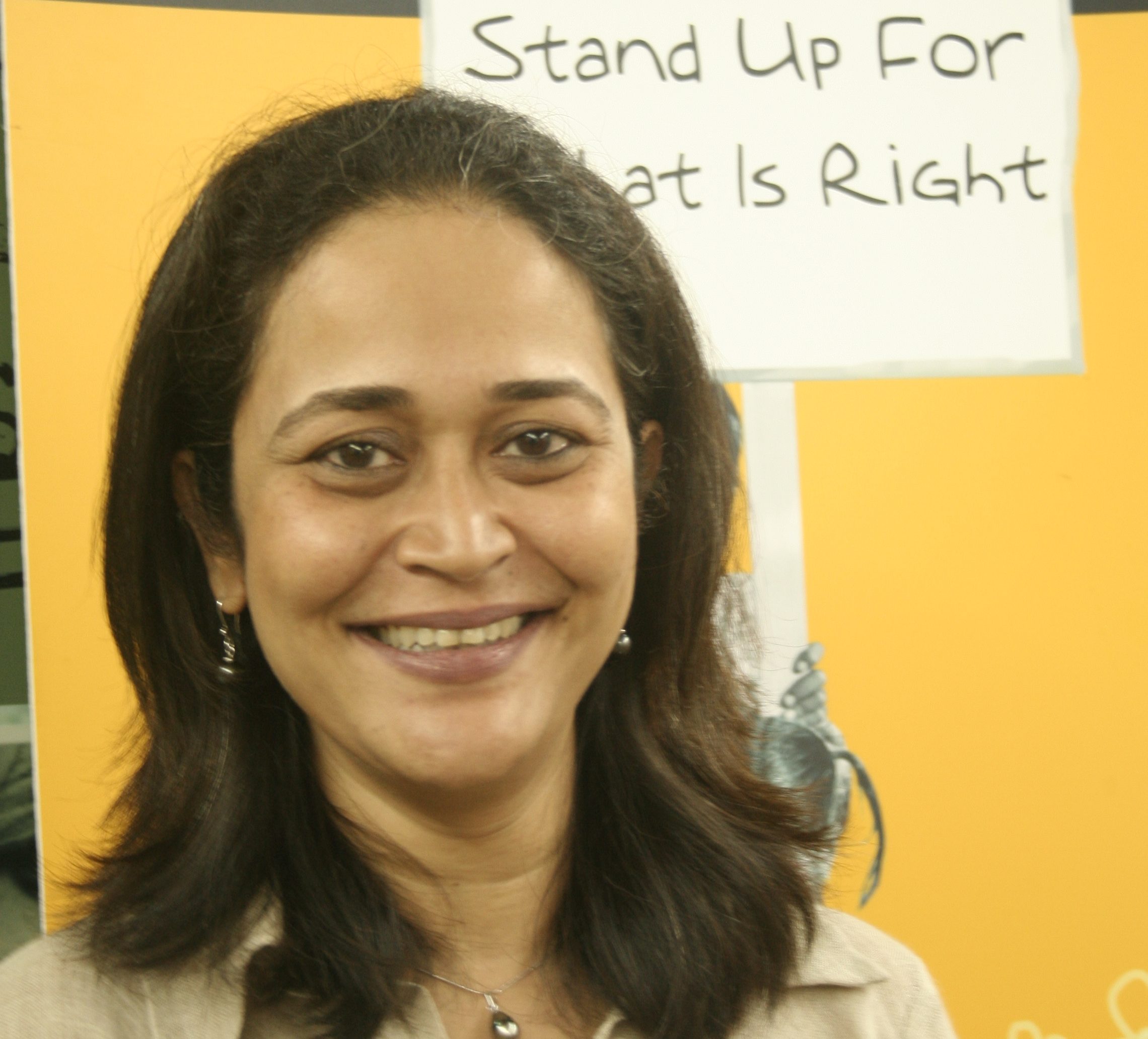 The word is overused and misused, much in the way the word partnership is. It can serve as a cover for not offering more tangible, substantive support as well as a way to appropriate communities’ struggles. Yet without it, one can barely begin to build the trust that is increasingly necessary for the new fluid, horizontal forms that philanthropy must adopt if it is to achieve real change. ‘For marginalized, oppressed and silenced groups just to have their histories, life experiences and perspectives recognized, and for those of us who are privileged to simply acknowledge, that fact must be the first step to any meaningful solidarity. Solidarity requires us to admit complicity in the systems that cause marginalization. It requires us to listen more than speak. And to defer to the judgement of those who live the exclusion, exploitation or discrimination we seek to redress.’
The word is overused and misused, much in the way the word partnership is. It can serve as a cover for not offering more tangible, substantive support as well as a way to appropriate communities’ struggles. Yet without it, one can barely begin to build the trust that is increasingly necessary for the new fluid, horizontal forms that philanthropy must adopt if it is to achieve real change. ‘For marginalized, oppressed and silenced groups just to have their histories, life experiences and perspectives recognized, and for those of us who are privileged to simply acknowledge, that fact must be the first step to any meaningful solidarity. Solidarity requires us to admit complicity in the systems that cause marginalization. It requires us to listen more than speak. And to defer to the judgement of those who live the exclusion, exploitation or discrimination we seek to redress.’
Ingrid Srinath, Centre for Social Impact and Philanthropy, Ashoka University, India
 ‘The citizens of Europe show a strong interest in informal volunteer support for refugees across many countries. Where governments battle about social rights approaches and entitlements, citizens take a human rights approach and provide support. What reminds us of a new social movement is that a lot of this engagement remains informal.
‘The citizens of Europe show a strong interest in informal volunteer support for refugees across many countries. Where governments battle about social rights approaches and entitlements, citizens take a human rights approach and provide support. What reminds us of a new social movement is that a lot of this engagement remains informal.
‘There remain a lot of open questions. Is this a new trend in civic engagement? What about the equally informal countertrend of nationalist engagement? As academics, we will look into clarification.’
Dr Volker Then, Centre for Social Investment, Heidelberg University
 ‘In the context of my work at the Jacobs Foundation solidarity means to me to advocate for comprehensive social policies elevating the outreach and quality of basic public services (in our case, for example, in the field of early childhood education and care in Switzerland). This approach allows us to effectively tackle some of the most crucial challenges of the disadvantaged and marginalized families in our societies while at the same time improving the public services of a region at population-wide level. In that sense, solidarity means to be non-exclusive!’
‘In the context of my work at the Jacobs Foundation solidarity means to me to advocate for comprehensive social policies elevating the outreach and quality of basic public services (in our case, for example, in the field of early childhood education and care in Switzerland). This approach allows us to effectively tackle some of the most crucial challenges of the disadvantaged and marginalized families in our societies while at the same time improving the public services of a region at population-wide level. In that sense, solidarity means to be non-exclusive!’
Sandro Giuliani, Jacobs Foundation
 ‘Solidarity is empathy. It drives integration and community building and is an expression of trust.’
‘Solidarity is empathy. It drives integration and community building and is an expression of trust.’
Bheki Moyo, Southern Africa Trust
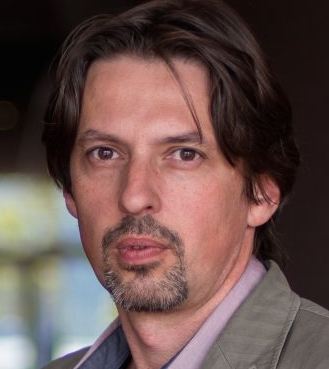 ‘For me, solidarity is a universal expression of what it means to be a human in the positive and most holistic sense of the word. It is being in one family with such qualities as empathy, compassion and concern for the common good. In its true meaning (I have experienced in my life its distorted meaning during the communist period when solidarity was forced upon us as a caricature), it authentically and dialectically reaches beyond the artificial “us” and “them” dichotomy. It is not an emotional response to melodramatic calls for help, nor is it a pre-calculated rational attitude of the “selfish” gene. It is a deep realization that a man is not an isolated individual who cannot exist without the “other”. It is a call that confronts us with what we can do to “be” with “the other”, as opposed to “co-exist” with “the other”.’
‘For me, solidarity is a universal expression of what it means to be a human in the positive and most holistic sense of the word. It is being in one family with such qualities as empathy, compassion and concern for the common good. In its true meaning (I have experienced in my life its distorted meaning during the communist period when solidarity was forced upon us as a caricature), it authentically and dialectically reaches beyond the artificial “us” and “them” dichotomy. It is not an emotional response to melodramatic calls for help, nor is it a pre-calculated rational attitude of the “selfish” gene. It is a deep realization that a man is not an isolated individual who cannot exist without the “other”. It is a call that confronts us with what we can do to “be” with “the other”, as opposed to “co-exist” with “the other”.’
Boris Strecansky, Centre for Philanthropy, Slovakia
 ‘In Mexico solidarity comes from empathy with others, those more vulnerable or who are living a difficult situation (disaster, migration, etc). In Mexico solidarity is very strong in every level of society, it is related to philanthropy and has to do with a commitment to building the common good and assuming responsibility for it.’
‘In Mexico solidarity comes from empathy with others, those more vulnerable or who are living a difficult situation (disaster, migration, etc). In Mexico solidarity is very strong in every level of society, it is related to philanthropy and has to do with a commitment to building the common good and assuming responsibility for it.’
Lourdes Sanz, CEMEFI, Mexico Centre for Philanthropy
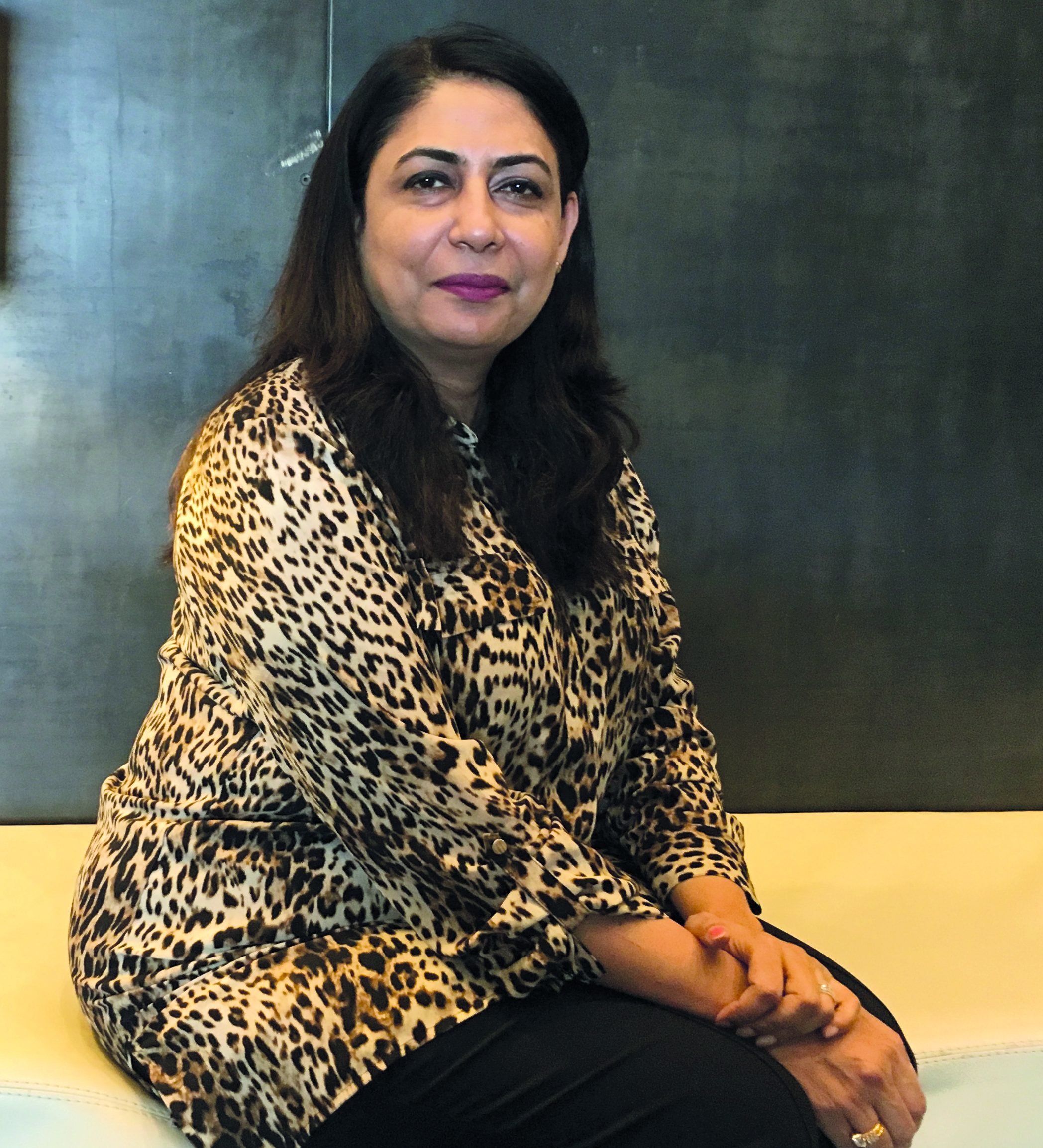 ‘Philanthropy is across nations, it is across borders, it’s across nationalities. It brings people together, it fulfils this ideal of “I am because you are”, and it fulfils the need for people to identify with others and want to give their time, so I think already it provides solidarity because there’s no political or religious agenda. Human beings give, are generous by nature, and like to give in whatever forms. So I think philanthropy’s agenda on solidarity is already established.
‘Philanthropy is across nations, it is across borders, it’s across nationalities. It brings people together, it fulfils this ideal of “I am because you are”, and it fulfils the need for people to identify with others and want to give their time, so I think already it provides solidarity because there’s no political or religious agenda. Human beings give, are generous by nature, and like to give in whatever forms. So I think philanthropy’s agenda on solidarity is already established.
‘There needs to be more solidarity on issues, more philanthropic solidarity on social investment causes, coming together, especially in the national context. If there could be solidarity among philanthropic organizations within Pakistan, to commit that this year we will spend every penny raised on providing education and getting children into schools, I think that would have a huge impact.’
Shazia Maqsood Amjad, Pakistan Centre for Philanthropy
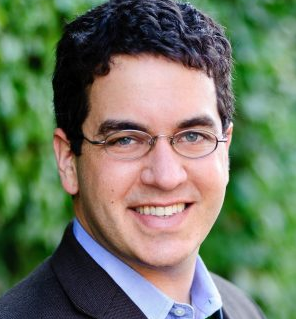 ‘Solidarity is how philanthropy stands and acts to support social justice movements and communities that are most marginalized and impacted by current economic and political systems. And to act in solidarity means following their lead, providing financial support not just when it’s convenient or new or easy but also to provide the financial support when it’s uncertain, when it’s controversial, when it is quiet – because philanthropy is built on privilege and solidarity is using your privilege to support those that don’t have it.’
‘Solidarity is how philanthropy stands and acts to support social justice movements and communities that are most marginalized and impacted by current economic and political systems. And to act in solidarity means following their lead, providing financial support not just when it’s convenient or new or easy but also to provide the financial support when it’s uncertain, when it’s controversial, when it is quiet – because philanthropy is built on privilege and solidarity is using your privilege to support those that don’t have it.’
Jason Franklin, Solidaire
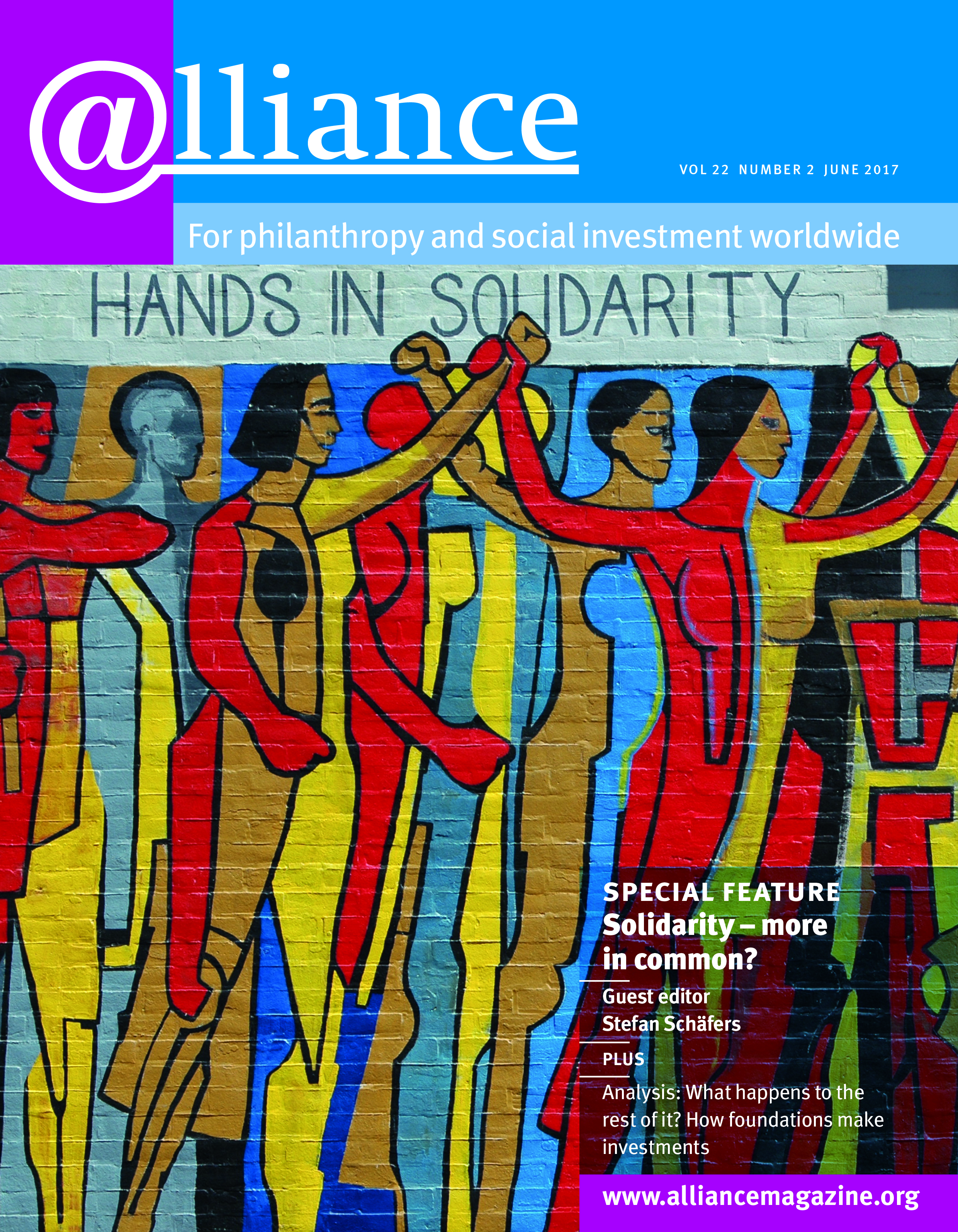

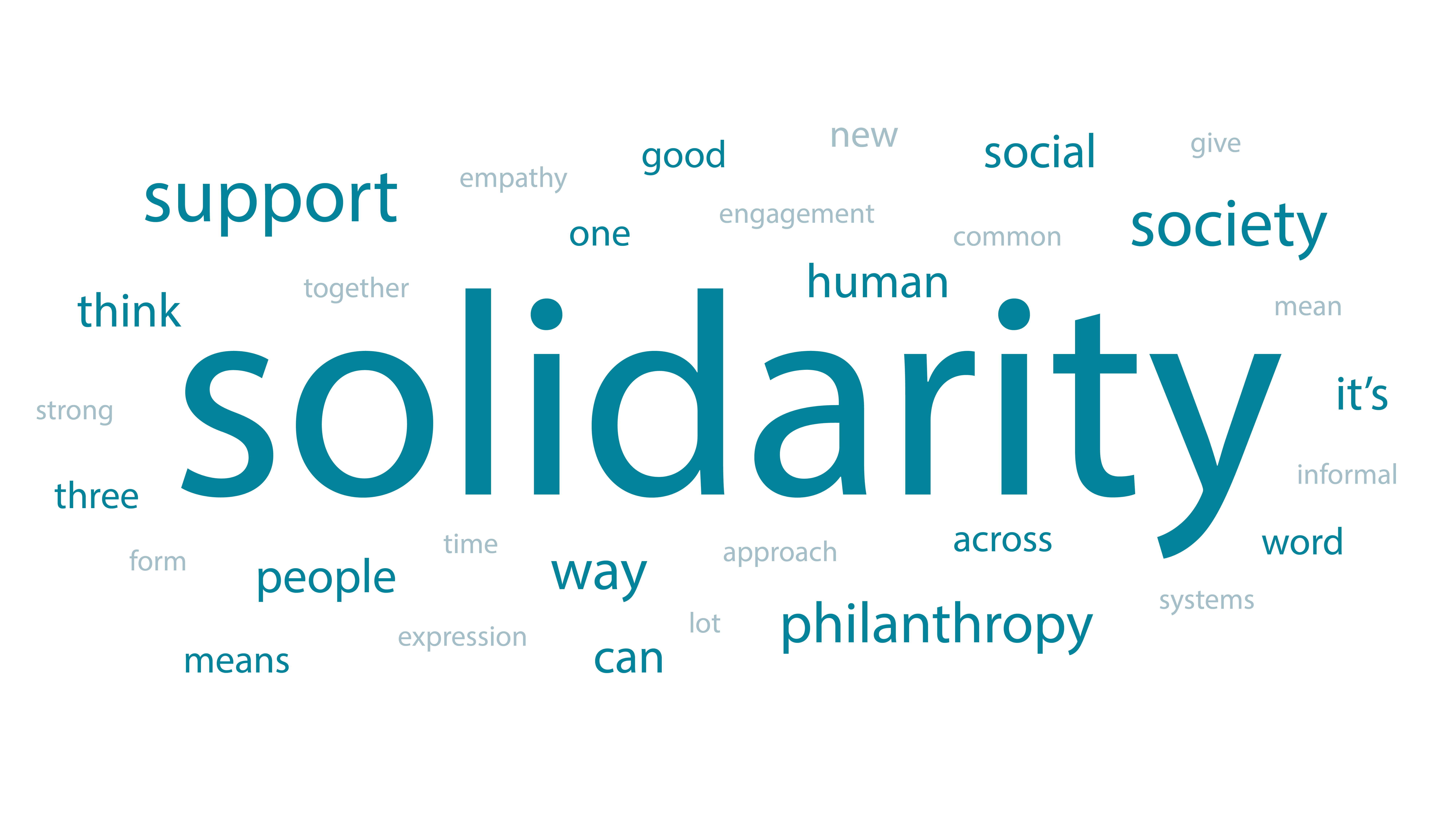

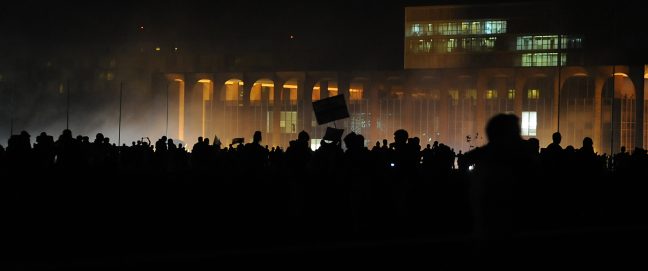
Comments (0)